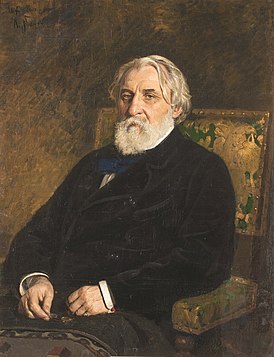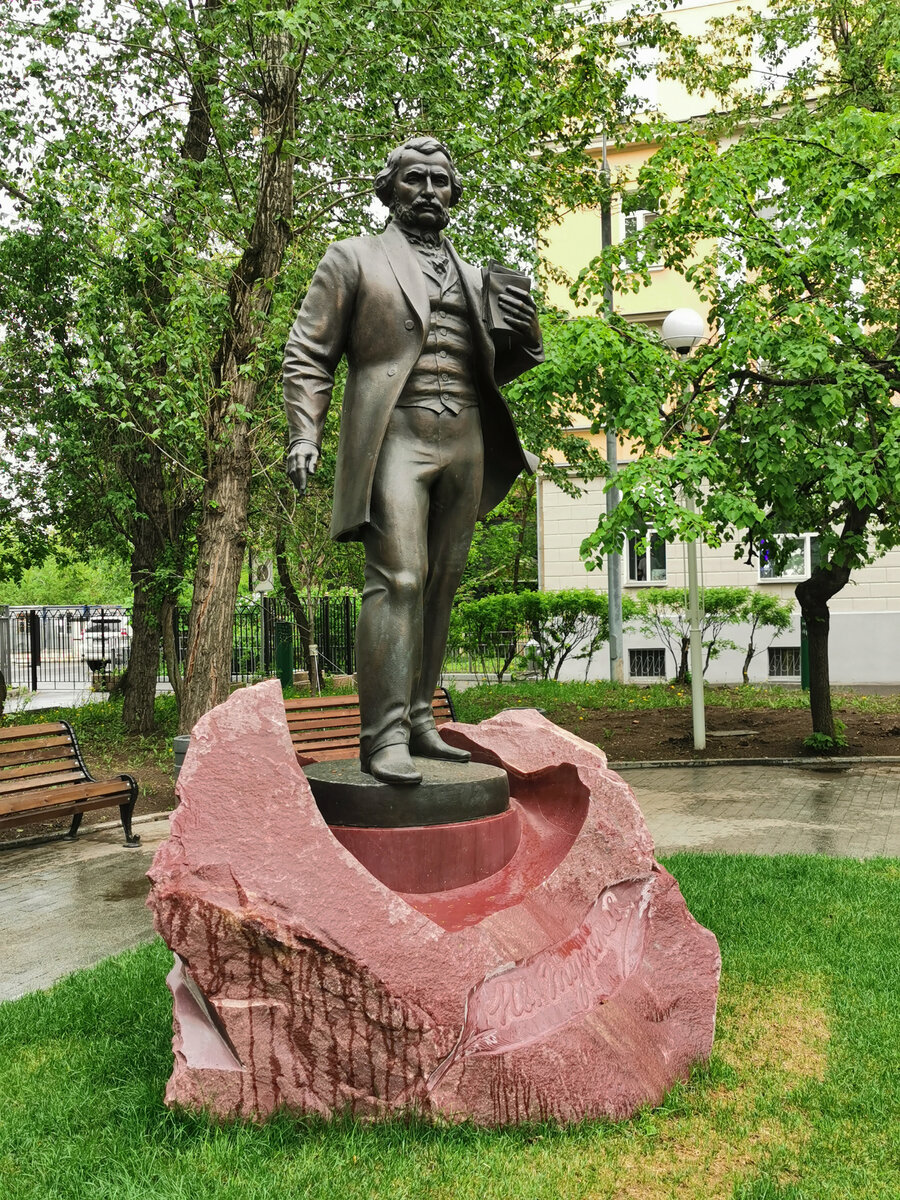Ivan Sergeyevich
Turgenev
1818-1883

Ivan Sergeyevich Turgenev was a Russian realist writer, poet, publicist, playwright, novelist and translator. One of the classics of Russian literature, who made the most significant contribution to its development in the second half of the XIX century. Corresponding member of the Imperial Academy of Sciences in the category of Russian language and literature (1860), honorary Doctor of Oxford University (1879), honorary member of Moscow University (1880). I.S. Turgenev was born in the city of Orel, in an average local noble family. He is known for his mastery of psychological analysis and description of nature. He created a number of socio-psychological novels, such as “Rudin” (1856), “The Eve” (1860), “The Noble Nest” (1859), “Fathers and Children” (1862), as well as stories that touch on the themes of the outgoing noble culture and new heroes of the era — raznochintsev and democrats, such as “Leia” and “Spring waters”. Turgenev created images of selfless Russian women who became known as the “Turgenev girls”. In later novels such as Smoke (1867) and Nov (1877), he depicted the life of Russians abroad. At the end of his life, Turgenev turned to memoirs and poetry in prose, writing “Literary and everyday Memories” (1869-1880) and “Poems in Prose” (1877-1882), which presents the main themes of his work, and summing up takes place as if in anticipation of approaching death. In memory of the great writer, a monument has been erected in Moscow at 47 Ostozhenka Street. The bronze figure of the classic of Russian literature was installed on a pedestal made of crimson quartzite. The height of the monument, together with the pedestal, is more than three meters. In the park nearby there is also a monument to the heroine of Turgenev’s famous work of the same name — the dog Mumu.
Адрес: Москва, Остоженка ул., д. 47

